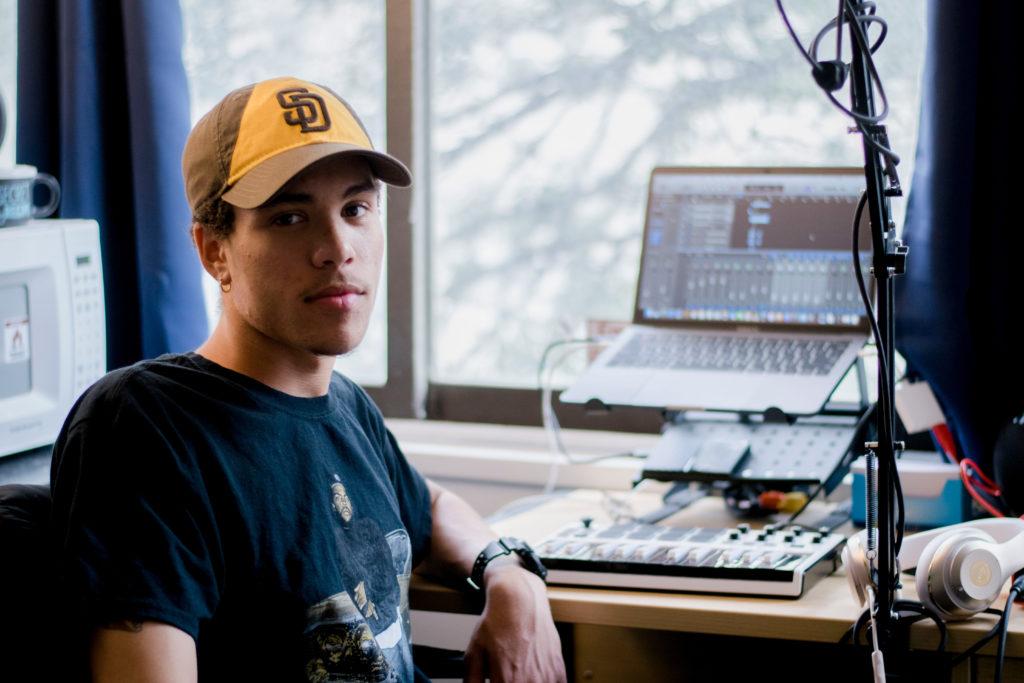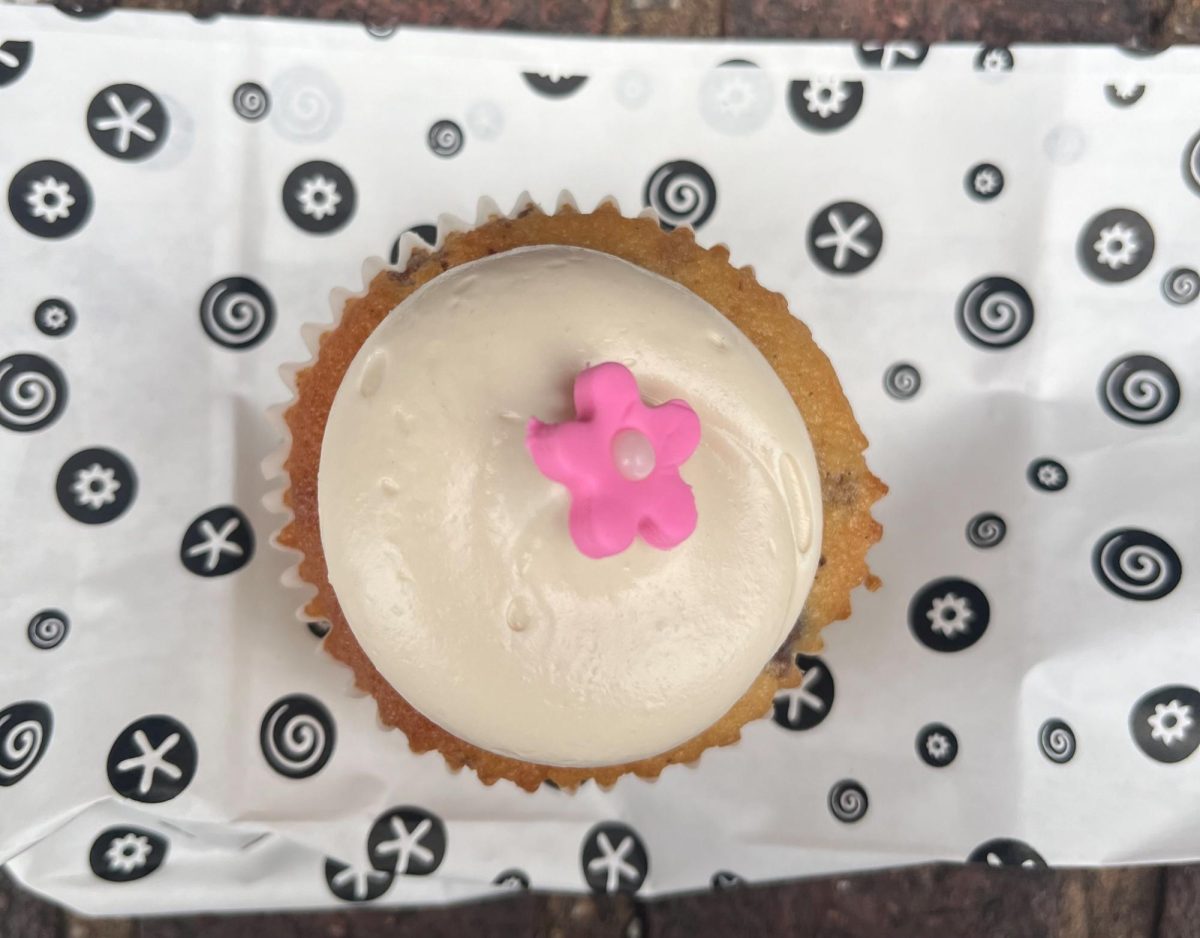A student will close out the inaugural Pre-Fling concert Friday rapping about his black and Jewish identities.
Noah Shufutinsky, a sophomore majoring in Judaic studies, writes, records and produces hip-hop and rap music under the stage name Young Gravy. He will round out a lineup of 10 student performers Friday taking the stage in University Yard at 6:50 p.m. at the event hosted by Program Board.
Program Board is putting on a festival-style event featuring student performers for the first time this year to build up to the organization’s annual Spring Fling concert. The event will have food trucks, lawn games and an interactive art installation, and after Shufutinsky closes the last set of the night, Program Board will announce the artist who will perform at Spring Fling on April 27.
Shufutinsky said he has been rapping his entire life, drawing inspiration from old school hip-hop and West Coast rappers like Tupac. He also includes Spanish lyrics in his music as a nod to his San Diego roots.
When he was in middle school, he started creating beats for himself and his friends who also rapped. And by 2016, Shufutinsky took his raps into the limelight and uploaded albums and singles to music streaming platforms like Apple Music and Spotify.
Shufutinsky uses a storytelling technique in his latest EP, “Ethnic,” released in October. The six songs on the EP draw on Shufutinsky’s personal experiences being stereotyped and discriminated against because he is black and Jewish – but the songs also highlight the challenges that each community faces across the country.
“That’s something that I think is really important to hip-hop culture in general, being able to tell stories for people to relate to,” Shufutinsky said.
His album begins to comment on race and religion before listeners even pop in their earbuds. The album cover is designed as a fake newspaper page with headlines like “Hate crimes against Jews and African Americans soar after 2016 election” and “Aspiring politician who is leading in the polls makes claim that ‘Jews are behind recent weather patterns.'”
But Shufutinsky said he has been conscious of the stereotypes surrounding his black and Jewish identities since he was young and witnessed black people being wrongly accused of crimes or painted as “a menace to society” by the general public.
“Ever since I started writing music, it’s always been something that’s been a part of it because my music is a reflection of my personality,” Shufutinsky said. “To actually make that conscious decision to craft a whole album about that – it was quite a long process for me.”
[gwh_image id=”1085147″ credit=” Isabella Brodt | Staff Photographer” align=”none” size=”embedded-img”]Noah Shuftinksy, a sophomore majoring in Judaic studies, said he produces, writes and records his own rap and hip-hop music. [/gwh_image]
The first song on the album, “Never Again,” discusses how society uses the phrase “never again” after tragedies like school shootings or incidents of police brutality, but the outcry never provokes change, he said.
The final song, “Stereotypes,” provides a “satirical look” at the stereotypes about black and Jewish people and how these stereotypes “can be damaging and really invalid,” Shufutinsky said. “Stereotypes” plays out as if a hypothetical character fulfilled all of the stereotypes people have about black people and Jewish people.
Shufutinsky references stereotypes throughout the song in lyrics like “Would cops stop and frisk me, if they see me loiter? Or would they leave me alone because they assume that I’m a lawyer?” to show the contrast between his two identities. He ends the song with the lyrics, “It’s funny, ’cause all these stereotypes conflict. If I was all my stereotypes, I couldn’t even exist.”
“It ends up sounding ridiculous at the end because of how many crazy things this hypothetical character would be responsible for doing,” he said.
Shufutinsky wrote and produced “Ethnic” and all of his previous songs using his own microphones to record and the software Logic Pro X to create and mix his own beats from his residence hall room. Shufutinsky said he taught himself to produce the tracks because it gives him full control of how the song sounds after it is recorded.
“You figure out ways to integrate the recording into the entire creative process,” he said.
Charlotte Lewis, the director of events for Program Board, said Shufutinsky is “undeniably talented” and has “great energy” to bring to Pre-Fling before Program Board announces the Spring Fling artist at the end of the night.
“I feel like he has a presence on campus, and I think that’s really important because we really want to be reaching all of the audience of GW,” Lewis said. “I think he has a pull that will bring people.”




